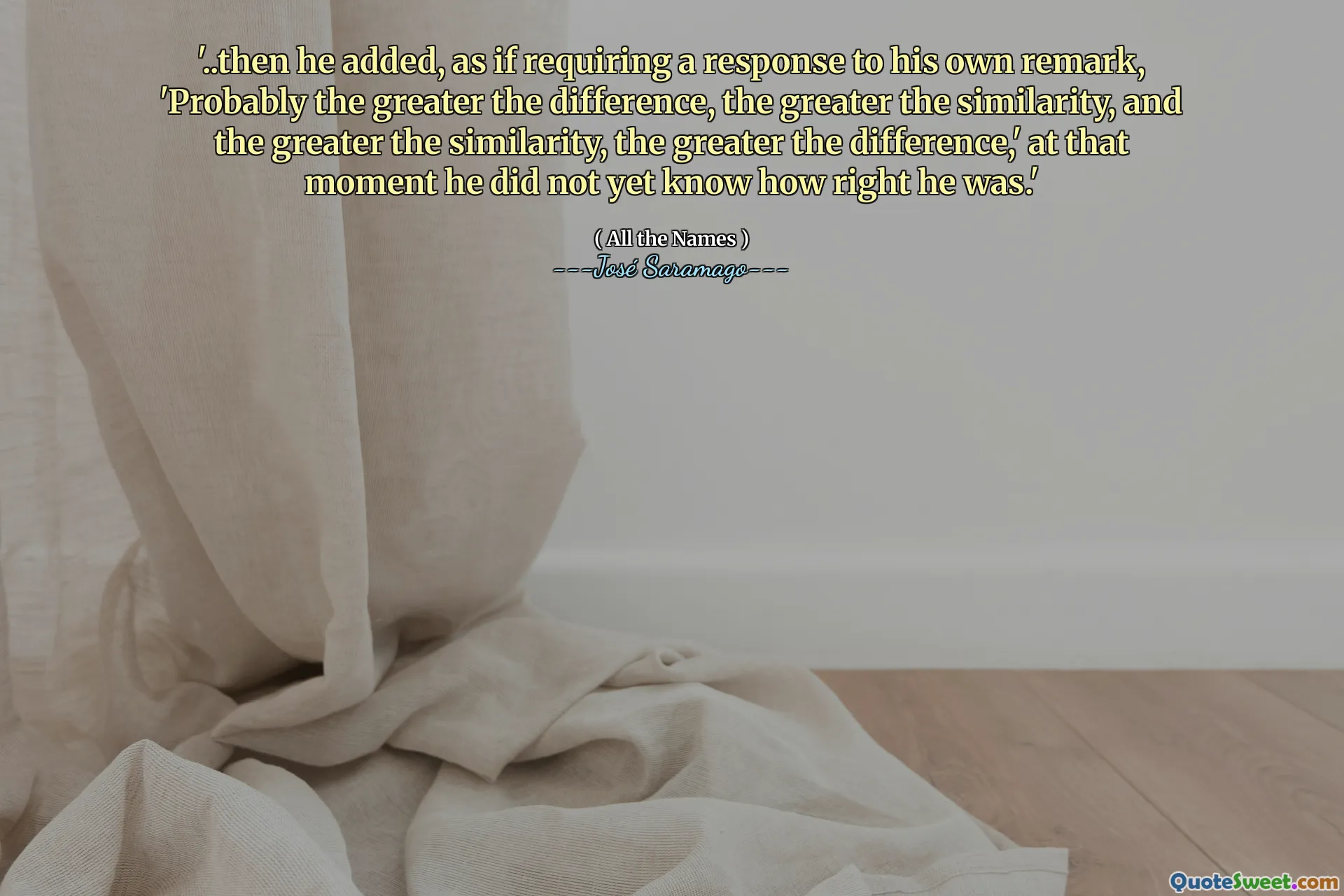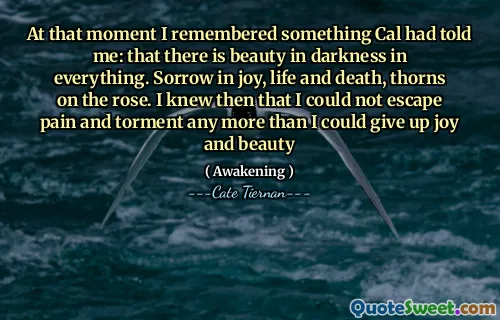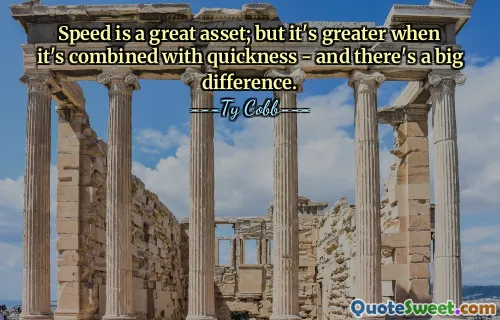
'..then he added, as if requiring a response to his own remark, 'Probably the greater the difference, the greater the similarity, and the greater the similarity, the greater the difference,' at that moment he did not yet know how right he was.'
This quote from José Saramago's All the Names encapsulates a profound paradox about human perception and the nature of relationships — the idea that difference and similarity are intrinsically linked in a dynamic and nuanced way. At first glance, it might seem counterintuitive to suggest that the greater the difference between two things, the greater the similarity between them; yet, this paradox highlights the subtle interplay between identity and contrast that defines much of human experience.
In many contexts, recognizing difference often leads to a deeper understanding of underlying similarities. For instance, in cultural exchanges or interpersonal relationships, noticing distinctions can illuminate shared values, emotions, or experiences that might otherwise go unnoticed. Conversely, even when profound similarities are found, they can highlight the distinctiveness or uniqueness within those shared traits. This cyclical relationship challenges rigid dichotomies of self versus other, difference versus similarity, encouraging a more fluid and complex interpretation of identity.
Moreover, the quote points to an insightful moment of realization—"he did not yet know how right he was"—which reflects how understanding this paradox often requires time, reflection, and lived experience. It serves as a reminder that wisdom regarding human nature and relationships is often emergent rather than immediate.
Ultimately, this quote speaks to the deeper interconnectedness that defines existence. Instead of viewing difference and similarity as opposites, it encourages recognizing them as complementary forces that together shape how we perceive the world and connect with others. This perspective invites empathy, openness, and an appreciation for complexity — qualities that are invaluable in cultivating meaningful relationships and a richer understanding of ourselves and others.





